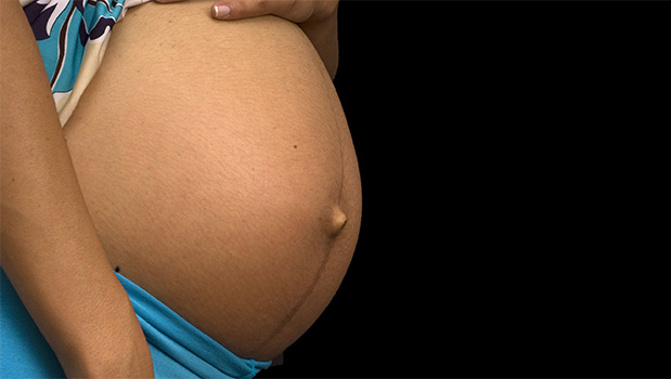
Women who have had risky, near-fatal pregnancies have been leaving New Zealand hospitals without ongoing contraception, a study has found.
After a retrospective audit of the medical notes of 98 women who had experienced severe acute maternal mordidity (SAMM), it was found that nearly 86 per cent of these women were discharged from hospital without a prescription for contraception.
Study author Dr Jane MacDonald, a senior research fellow with Women's Health Research Centre, Department of Primary Care, said the failure to ensure these women had contraception before they left hospital was "substandard care".
The study, published in the peer reviewed Conception journal, focused on women with SAMM that were admitted to four New Zealand District Health Boards during a 17 month period between 2011 and 2012.
All of the women in the study required one-to-one nursing and were admitted to high-dependency units or intensive care for medical emergencies including severe haemorrhage, toxemia of pregnancy, heart disease, ectopic pregnancy and severe infection.
"In these circumstances, having another unplanned pregnancy means the woman may be more likely to suffer illness again, such as in post-partum haemorrhage cases, or she faces having to choose a termination, and if proceeding with the pregnancy, may die," Dr McDonald said.
"In certain circumstances where women have pre-existing severe medical conditions, long-acting appropriate contraception could be life-saving," she said.
The study found that many hospital clinicians believed contraception was a matter that should be dealt with by a midwife or GP, but researchers recommended that women be given the option of contraception before being discharged from hospital.
"Mothers will frequently put their own priorities such as contraception to the bottom of the list and just do not manage to get to their GP.
"It is not adequate medical care to tell these women as they leave hospital that they should not get pregnant. You have to be able to give them the advice and the actual contraception," said Dr MacDonald.
She warned that in developing countries, previous research had found that women were more likely to die if they conceived too quickly after a SAMM event.
"There appears to be a perception that women will not have sex again for a time after pregnancy. For some that is true but for many they want to get back to normal sexual activity," she said.
Dr McDonald added that all women who have had a pregnancy should be offered contraceptive advice.
The World Health Organisation recommends that all women have at least an 18-month gap between babies for health reasons.
There was also evidence that a large percentage of women did not get post-partum contraception, she said. One local study showed that only 25 per cent of young women who presented for a termination within 6 months of having a baby had contraception prescribed for them in the 6 weeks after having their baby.
"Of course it is their choice - they don't have to have contraception. But these women should have the choice and at the moment they often don't seem to have that."
Take your Radio, Podcasts and Music with you









